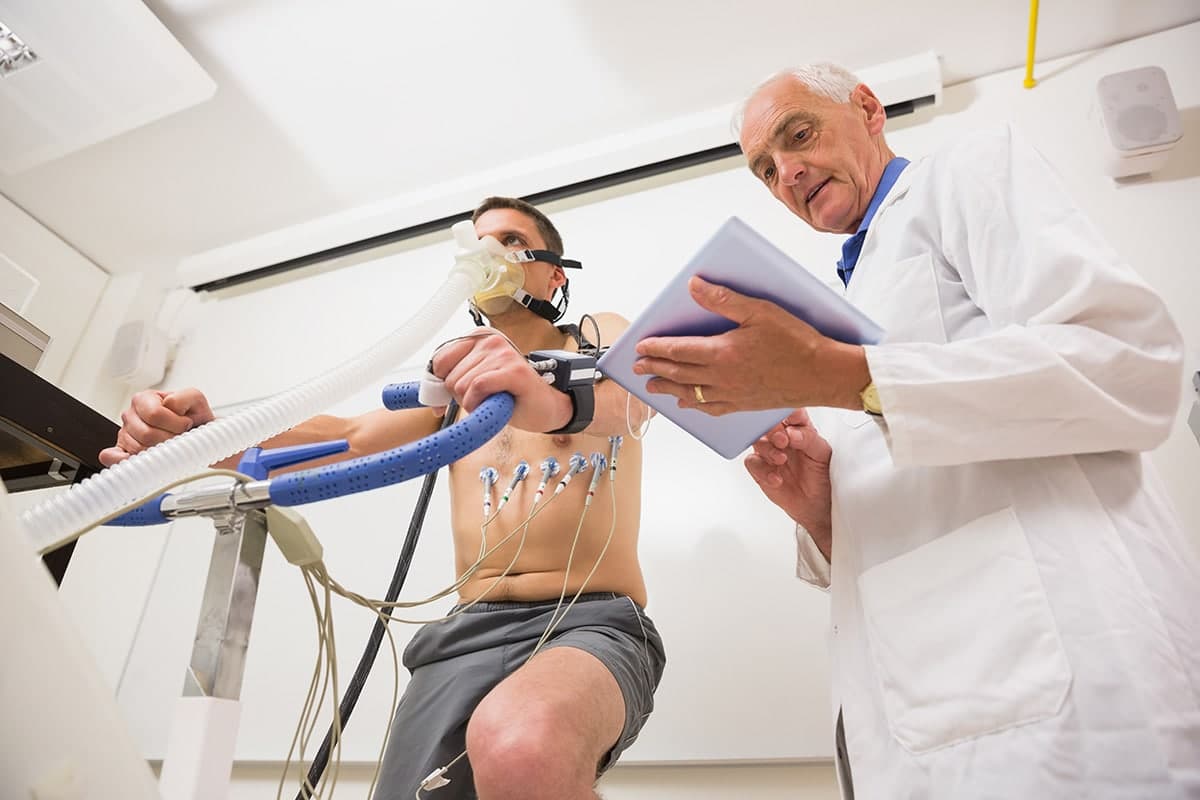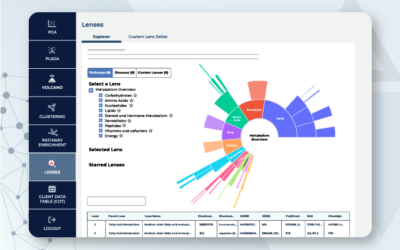What if there was a way to improve clinical diagnostics using data from patients’ metabolic profiles? Believe it or not, this is now a reality with the help of metabolomics; a rapidly growing field that is providing new insights into the biochemical processes that occur in our bodies. By understanding the metabolites present in a patient’s sample, we can gain valuable insights into their health status. This could provide valuable insight into disease states, allowing clinicians to identify potential biomarkers for early diagnosis.
While genomic sequencing may reveal disease risk, clinical metabolomics provides an in vivo snapshot of a patient’s current health. This can uncover information that can be used to advance clinical decision-making, including tracking a patient’s health over time to assess treatment response.3
What Are the Limitations of Metabolomics?
There are still hurdles to overcome before this technology can be adopted more widely across all fields of medicine. Historically, poor study design and inadequate sample sizes resulted in studies that could not be reproduced. Additionally, not only can metabolomics be performed using different instruments and chromatographic methods, but also libraries of molecules used as references differ between institutions making comparisons between studies difficult.1
Yet, despite these challenges, metabolomics holds great promise for the future of clinical diagnostics. Now, one question remains: is it ready for the clinic?
As a pioneer in using metabolomics to improve human health, we believe the answer is yes.
Metabolon’s Clinical Metabolomics Approach Aids Identification of Biomarkers
Our proprietary clinical metabolomics approach is a proven method for screening metabolic diseases through the analysis of a multi-pronged mass spectrometry platform.3
This application of clinical metabolomics has proven exceptionally significant for Inborn Errors of Metabolism (IEM) and rare disease detection. Today there are more than 7,000 rare and undiagnosed diseases. Often the clinical manifestations of these diseases are vague, or the metabolic pathway that is disturbed may not be immediately apparent. Applying global, or untargeted, analytical approaches, where prior knowledge of the affected metabolic pathway is not required, provides advantages over targeted analytical approaches by casting a wide net to measure many biomarkers, which is invaluable in a clinical setting.3
Metabolon is certified by the ISO 9001:2015 Quality Management System (QMS) standard, a standard designed to help organizations ensure they address the needs of customers and stakeholders while meeting statutory and regulatory requirements related to a product or service. Our validated Global Discovery Panel, held to this standard, uses a reference library of over 5400 metabolites and can identify up to 1,000 biochemicals in plasma, urine, and cerebrospinal fluid (CSF). Previous studies have shown that these biochemicals change before phenotypic changes in an individual, providing the earliest indicators of disease progression and treatment response.4 Diagnostic tests at Metabolon are CLIA certified and accredited by the College of American Pathologists (CAP), which are regulations and quality standards necessary for performing clinical diagnostic testing.
Metabolomics Reveals Biomarkers for Metabolic Disease
In a Journal of the American Medical Association publication, Metabolon’s platform was used to screen over 2000 samples from patients suspected of having metabolic disease. The platform correctly identified biomarker signatures in 128 cases and 70 different metabolic conditions. In many cases, multiple biomarkers were identified for several of the diseases, increasing the strength of the clinical utility of the platform by increasing the ability of Metabolon’s platform to identify specific disease signatures. Our technology identified biomarker signatures for these diseases in plasma, making it a less invasive approach than obtaining tissue biopsies. In fact, the diagnostic rate of the platform was a several-fold increase over traditional diagnostics.4
By presenting a comprehensive assessment of the metabolome for these patients, our technology offered in-depth coverage of multiple pathways that can be altered in patients with metabolic disease. Rather than targeting these pathways and enzymes with single tests and collecting multiple samples, our analysis gave clinicians critical information they could use to make quicker diagnoses.4
Metabolomics Offers Unique Hope in Battle Against Parkinson’s Disease
Though it is the second most common neurodegenerative disease globally, Parkinson’s disease is notoriously hard to diagnose. Fortunately, recent evidence suggests that sebum biomarkers could provide a non-invasive solution for early detection.
A 2019 study reported that the sebum-rich skin of Parkinson’s subjects can capture and retain volatile hydrophobic metabolites that contribute to the musky odor exuding from Parkinson’s patients. Such alterations in sebum composition may not only reflect a change in skin physiology, but also an altered skin microflora and microbial activity in Parkinson’s patients.5
A more recent study from the same research group, published in Nature Communications, reported that sebum obtained from a simple skin swab can be used to help diagnose Parkinson’s based on the patient’s pattern of skin lipids and related metabolites.5
Researchers hope to use sebum as a diagnostic biofluid for Parkinson’s disease to develop an inexpensive and non-invasive test for early detection. Metabolon may help pave the way towards diagnosis, thanks to our proven set of solutions to discover and validate biomarkers present in sebum, including the global discovery panel and a specific sebum targeted panel that captures the unique complex lipid composition and fatty acid constituents of sebum.
Conclusion
Metabolon is committed to helping realize the potential of metabolomics and is breaking ground for using it as a clinical tool. The potential of this powerful tool is limitless, and we are proud to be one of the few companies that have the expertise and certifications necessary to make this happen.
References
1. https://doi.org/10.1093/clinchem/hvab184
3. https://www.metabolon.com/applications/precision-medicine/
5. https://www.metabolon.com/can-sebum-be-used-as-a-diagnostic-biofluid-for-parkinsons-disease/





